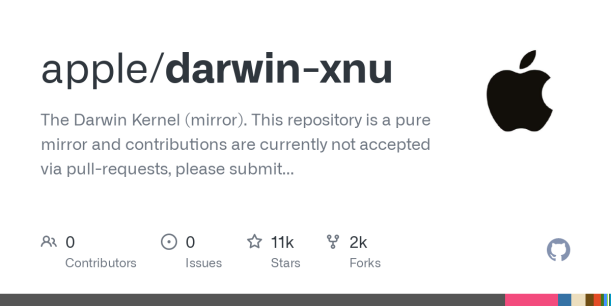
MacOs Kernel
Is the macOS Kernel a Copy of the Linux One?
There is a common misconception that the macOS kernel is a copy of the Linux kernel. However, this is not entirely true. While there are similarities between the two kernels, they are not the same.
The macOS Kernel
The macOS kernel, known as XNU (XNU is Not Unix), is a hybrid kernel that is based on two other kernels: the Mach kernel and the BSD kernel. The Mach kernel provides the low-level functionality, such as memory management and thread scheduling, while the BSD kernel provides the higher-level functionality, such as file systems and networking.
While the macOS kernel is not a copy of the Linux kernel, it does share some similarities. Both kernels are based on the Unix operating system and share many of the same features, such as virtual memory management and multitasking.
The Linux Kernel
The Linux kernel is a monolithic kernel, which means that all the kernel services are run in the same address space. The Linux kernel was created by Linus Torvalds in 1991 and is released under the GNU General Public License. The Linux kernel has a modular design, which allows it to support a wide range of hardware and software configurations.
While the macOS kernel and the Linux kernel share many similarities, they are not identical. The Linux kernel is open source and is developed by a large community of developers, while the macOS kernel is closed source and is developed by Apple.
Conclusion
While the macOS kernel and the Linux kernel share many similarities, they are not the same. The macOS kernel is a hybrid kernel that is based on the Mach and BSD kernels, while the Linux kernel is a monolithic kernel that is developed by a large community of developers. While both kernels share many of the same features, they have different architectures and designs. It is important to understand the differences between the two kernels to avoid confusion and misconceptions.
